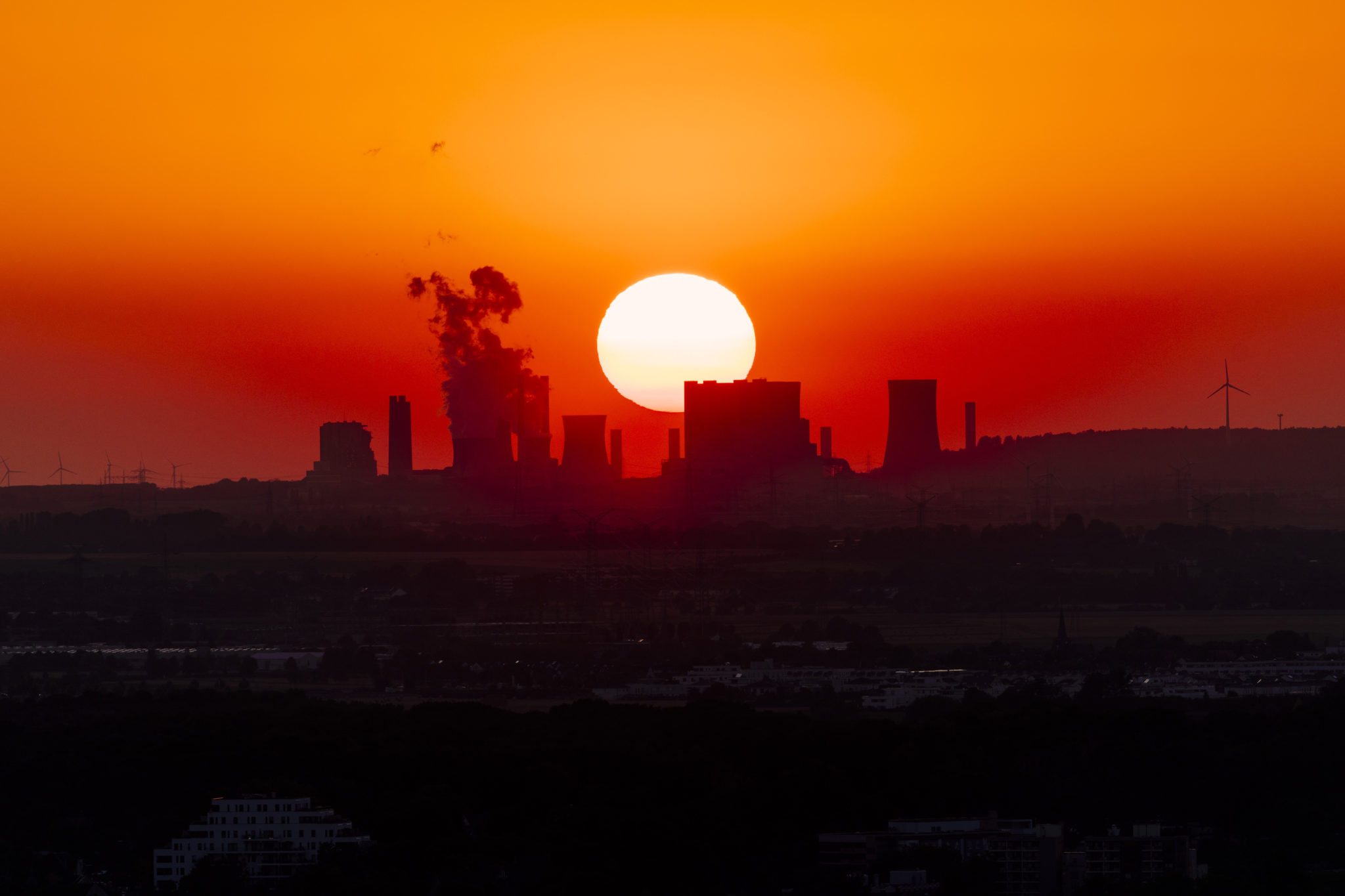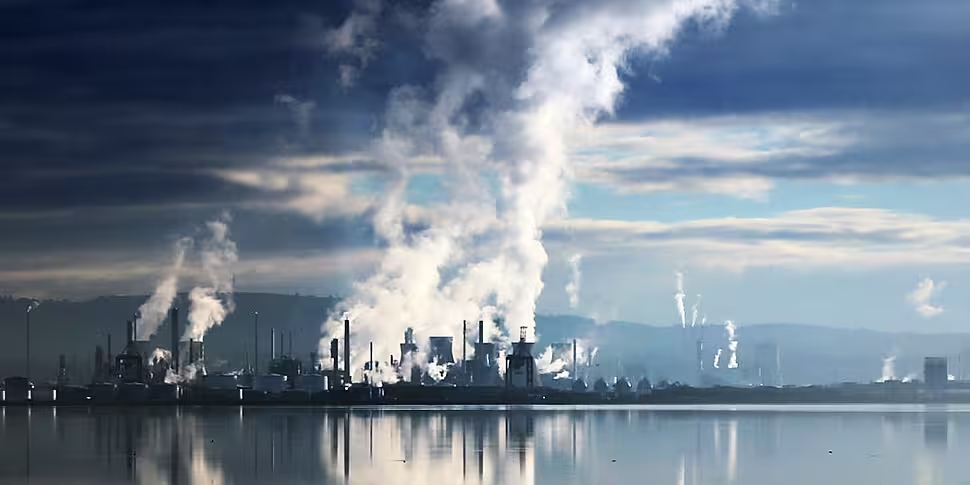More than 11,000 scientists from right around the world have come together to warn that we face “untold suffering” if there is not an “immense increase” in efforts to combat the climate crisis.
Published 40 years to the day since the first World Climate Conference in 1979, the statement warns that “the climate crisis has arrived and is accelerating faster than most scientists expected.”
“We declare clearly and unequivocally that planet Earth is facing a climate emergency,” it reads.
The scientists warn that, despite 40 years of climate negotiations and “explicit warnings of insufficient progress,” the world has generally “conducted business as usual and has largely failed to address this predicament.”
“An immense increase of scale in endeavours to conserve our biosphere is needed to avoid untold suffering due to the climate crisis,” they write.
 The Neurath power plant in Germany, 29-09-2019. Image: Christoph Hardt/Geisler-Fotopres/DPA/PA Images
The Neurath power plant in Germany, 29-09-2019. Image: Christoph Hardt/Geisler-Fotopres/DPA/PA ImagesThey warn that the crisis is “more severe than anticipated, threatening natural ecosystems and the fate of humanity.”
“Especially worrisome are potential irreversible climate tipping points and nature's reinforcing feedbacks (atmospheric, marine, and terrestrial) that could lead to a catastrophic ‘hothouse Earth,’ well beyond the control of humans,” they wrote.
“These climate chain reactions could cause significant disruptions to ecosystems, society, and economies, potentially making large areas of Earth uninhabitable.”
The scientists have put forward six “critical and interrelated steps” for governments, businesses and the rest of humanity needs to take to lessen the worst effects of climate change.
The scientists say the urgent changes needed include “immense” reforestation, an end to the use of fossil fuels, an end to meat-eating and reversing global population growth.
Energy
- Leave all remaining fossil fuels in the ground.
- End fossil fuel subsidies.
- Replace fossils fuels with clean and low-carbon renewable.
- Carefully pursue natural and technological means of extracting carbon from the air.
- Support poorer countries in transitioning from fossil fuels.
Short-lived pollutants
- Promptly reduce short-term climate pollutants – including methane, black carbon and hydrofluorocarbons (HFCs). The scientist note this could cut “short-term” warming by over 50% saving millions of lives while the longer-term issue is addressed.
Nature
- Protect and restore Earth’s ecosystems.
- Quickly curtail habitat and biodiversity loss.
- Protect the remaining primary and intact forests.
- Increase reforestation and afforestation “at enormous scales”
Food
- Move to a mostly plant-based diet.
- Reduce global consumption of animal products.
- Drastically reduce the enormous amount of food waste around the world
Economy
- Quickly curtail the excessive extraction of materials and overexploitation of ecosystems
- Shift global goals from the pursuit of wealth to sustaining ecosystems and improving human well-being by prioritizing basic needs and reducing inequality.
Population
- Population growth must be stabilised and ideally gradually reversed.
The list of the 11,258 scientists to sign the warning can be found here.









